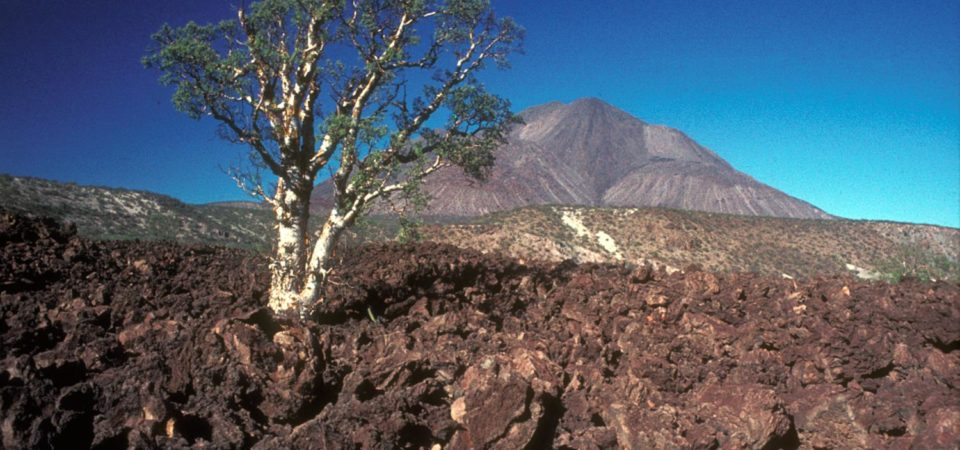Item Link: Access the Resource
Date of Publication: October 9, 2018
Year of Publication: 2018
Author(s): Mario Molina, Veerabhadran Ramanathan, Durwood J. Zaelke
Newspaper: The Bulletin of the Atomic Scientists
The UN’s Intergovernmental Panel on Climate Change’s Special Report on Global Warming of 1.5 degrees Celsius, released on Monday, is a major advance over previous efforts to alert world leaders and citizens to the growing climate risk. But the report, dire as it is, misses a key point: Self-reinforcing feedbacks and tipping points—the wildcards of the climate system—could cause the climate to destabilize even further. The report also fails to discuss the five percent risk that even existing levels of climate pollution, if continued unchecked, could lead to runaway warming—the so-called “fat tail” risk. These omissions may mislead world leaders into thinking they have more time to address the climate crisis, when in fact immediate actions are needed. To put it bluntly, there is a significant risk of self-reinforcing climate feedback loops pushing the planet into chaos beyond human control.
The report does describe how much more serious climatic impacts will be if the world lets warming reach 2 degrees Celsius above pre-industrial levels. Limiting the warming to 1.5 degrees Celsius can, for example, cut many impacts in half, including those of fresh water shortage and losses of many species and of ocean fish catch. The report is relatively optimistic that this can be done, but only with unprecedented commitment and cooperation from governments, industry, religious and secular leaders, and citizens around the world.
So far, average temperatures have risen by one degree Celsius. Adding 50 percent more warming to reach 1.5 degrees won’t simply increase impacts by the same percentage—bad as that would be. Instead, it risks setting up feedbacks that could fall like dangerous dominos, fundamentally destabilizing the planet. This is analyzed in a recent study showing that the window to prevent runaway climate change and a “hot house” super-heated planet is closing much faster than previously understood.
You may read the complete article here.
The views and opinions expressed through the MAHB Website are those of the contributing authors and do not necessarily reflect an official position of the MAHB. The MAHB aims to share a range of perspectives and welcomes the discussions that they prompt.
